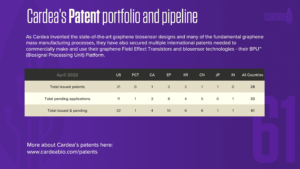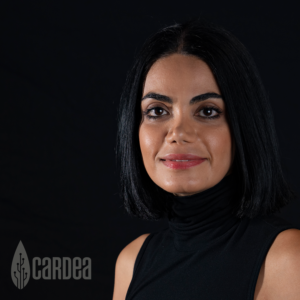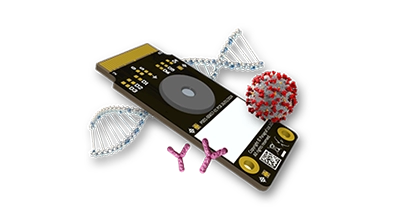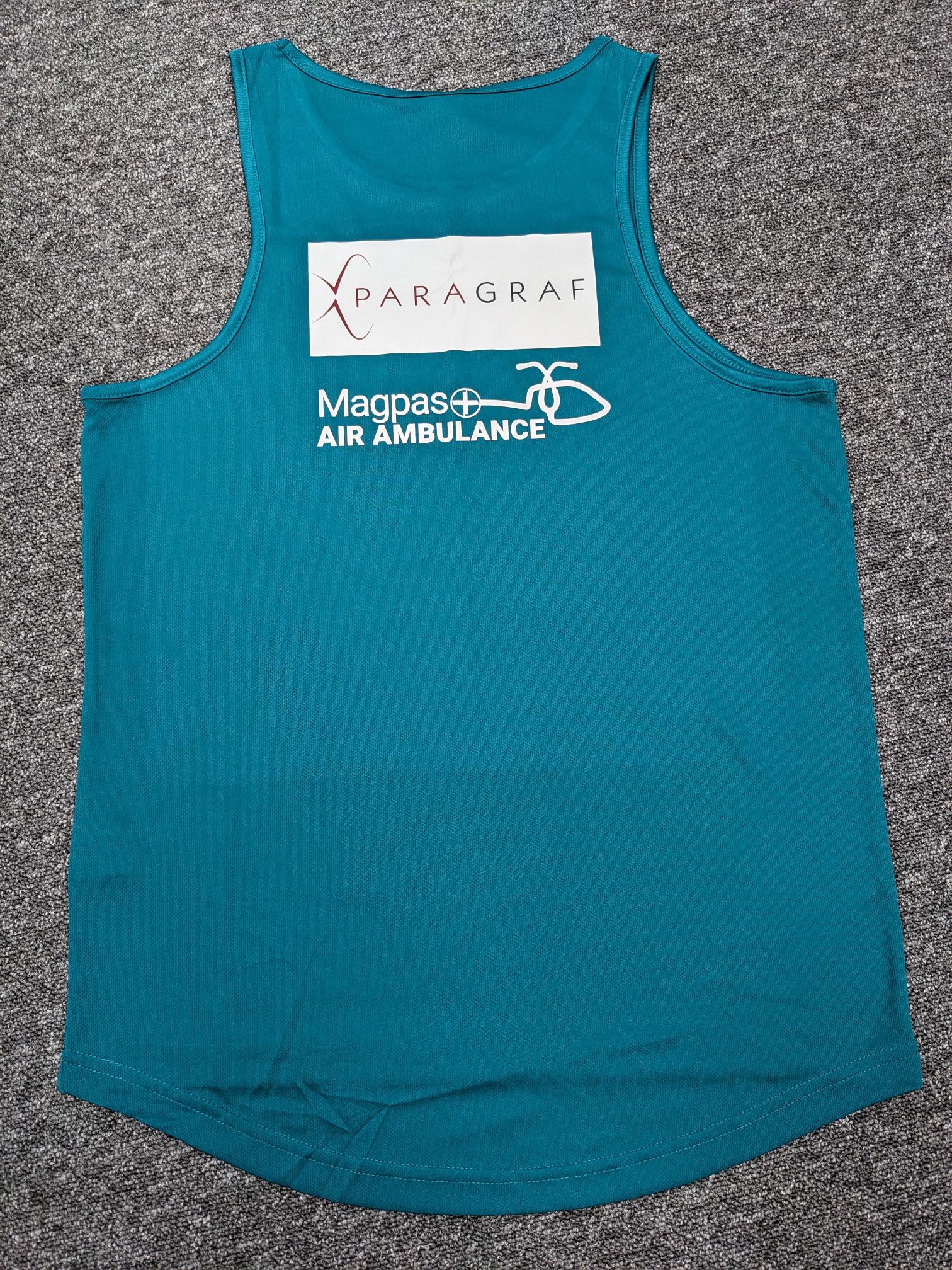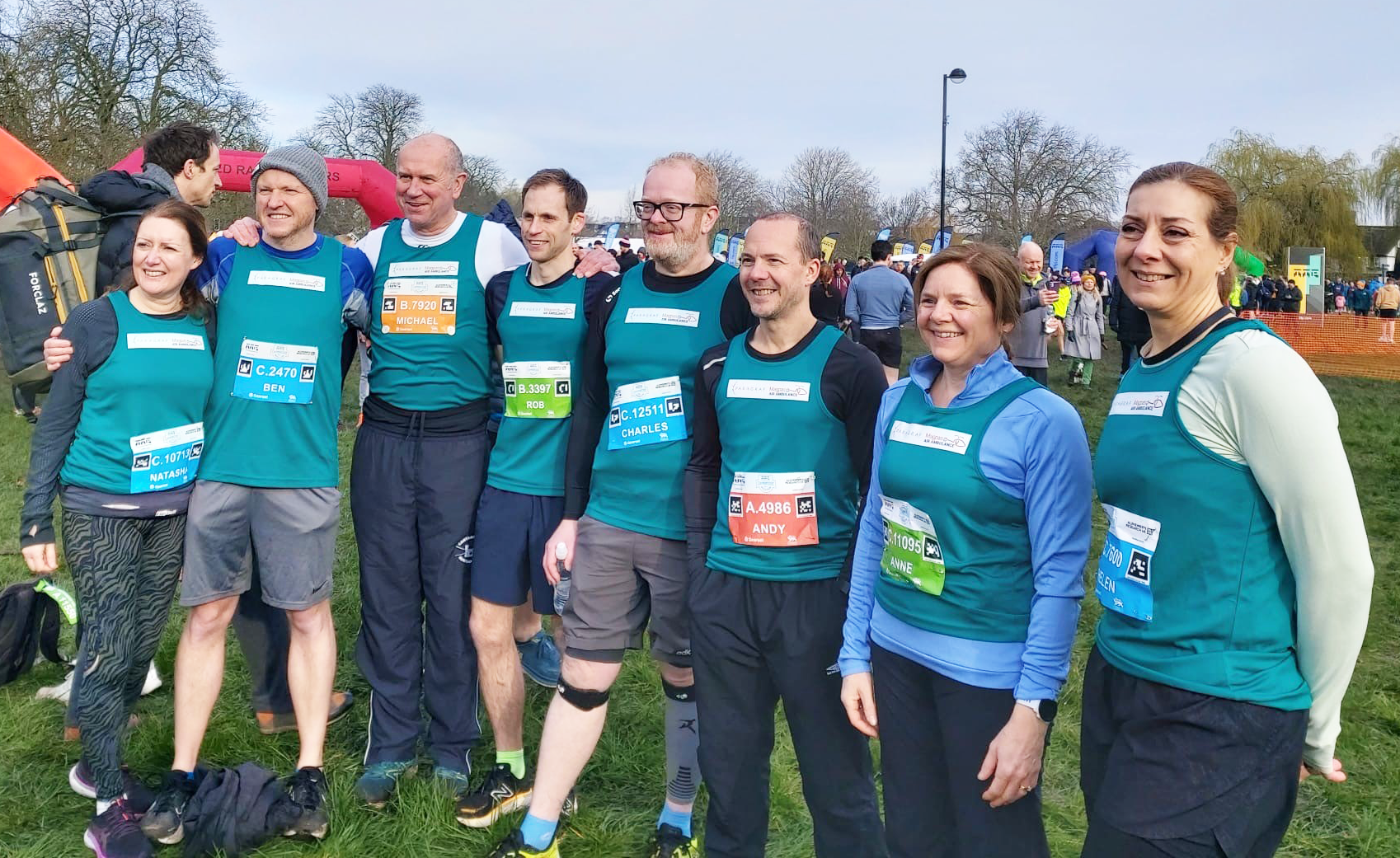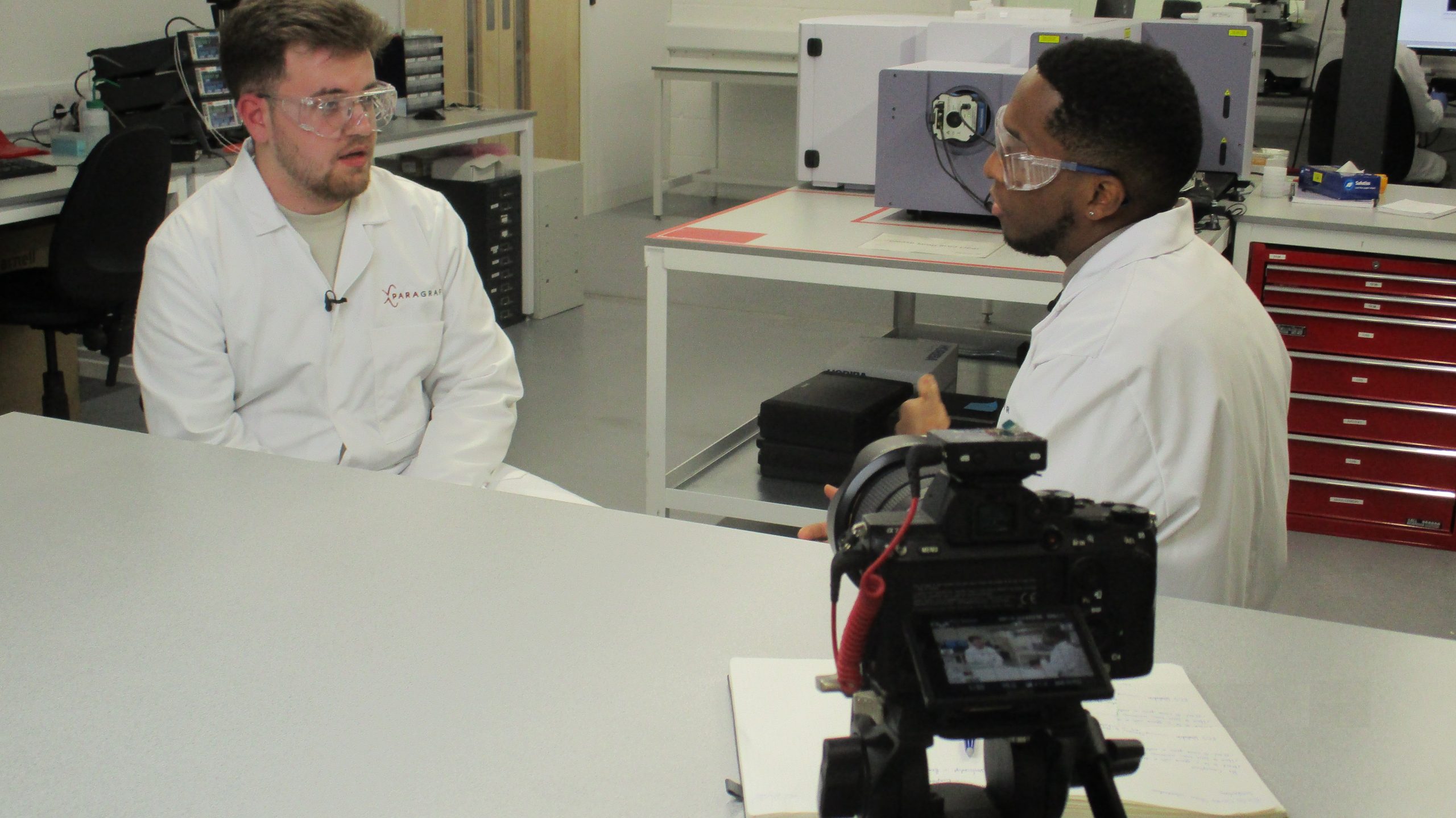Cardea Bio, Inc. – the world’s only mass producer of biocompatible semiconductors – today announced that it has been awarded a $1.1 million USD grant by the Bill & Melinda Gates Foundation to develop a BPU™ (Biosignal Processing Unit) assay with high sensitivity and specificity that incorporates receptors capable of detecting volatile compounds to rapidly diagnose infectious diseases in developing countries.
The goal of this project is to verify the ability of Cardea BPUs functionalized with an insect Odorant Receptor [iOR] to detect an agonist odorant. Through previous projects, Cardea already has a solid understanding of the compatibility between iOR’s and BPUs, meaning they are perfectly positioned to create an assay that demonstrates the feasibility of this detection methodology.
“We’re obviously very pleased to have received funding from the Bill & Melinda Gates Foundation, and we’re even more excited about the prospects of this project. Using our BPU™ Platform to bring novel and feasible diagnosis capabilities to developing countries was a major driver as to why we started Cardea in the first place. Developing an electronic nose with the potential to diagnose diseases like COVID, malaria, cancer, and so on, is literally a dream come true!” states Michael Heltzen, CEO at Cardea Bio.
Chief Business Officer at Cardea, Rob Lozuk, adds, ” We’re extremely excited about how this project aligns perfectly with our commitment to positively impact a broad set of healthcare conditions, such as infectious diseases, environmental, and even oncology. By leveraging the foundation’s innovations and presence across the globe, this uniquely positions us to validate the potential capabilities of the BPU in bringing healthcare to all corners of our civilization and ultimately allowing people across the world to live healthy and productive lives.”
A successful completion of this project will provide validation that the Cardea BPU™ Platform has the potential to meet the needs of a large variety of engineered OR-enabled products for sensing applications in clinical health, environmental monitoring, agriculture, and biosecurity to name a few. Cardea would then focus on developing a point-of-care [POC] testing device that can rapidly screen for common infectious diseases in developing countries.
The benefits of having a single platform capable of a wide range of detection and diagnostic applications enables a drastic reduction in development time and cost. Ultimately this is a benefit to developing countries by deploying a single instrument with application specific tests in a rapid and cost-effective manner, yielding the highest impact in critically underserved communities.
This post was originally published at https://www.cardeabio.com/news/gates-foundation. Cardea Bio was acquired by Paragraf on 2 May 2023.

